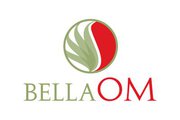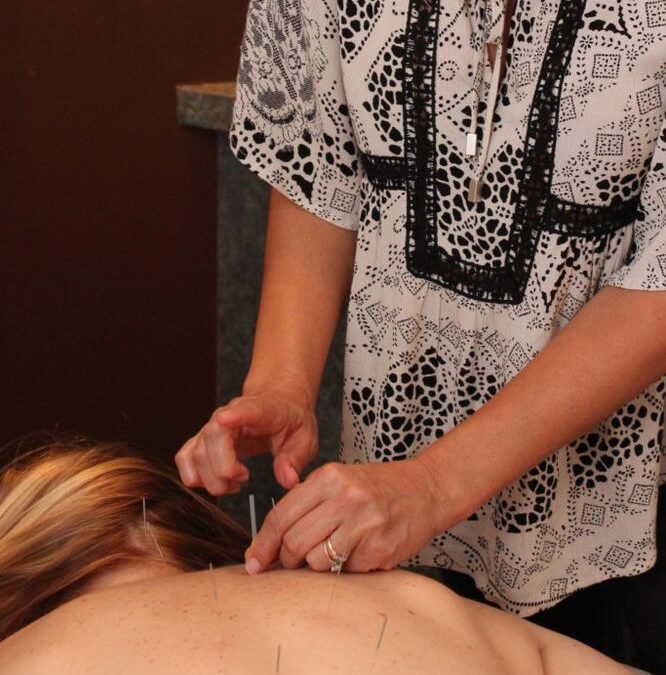Acupuncture: An Ancient Healing Art for Modern Times
Acupuncture is a traditional Chinese medicine technique that has been practiced for thousands of years. This healing art involves the insertion of thin needles into specific points on the body to promote balance and stimulate the body’s natural healing processes1.
What is Acupuncture?
Acupuncture is based on the belief that a life force, known as Qi, flows through the body in channels called meridians. When this energy flow is disrupted, it can lead to illness and discomfort. By inserting needles into specific acupuncture points, practitioners aim to restore the balance of Qi and promote healing.
Western medical acupuncture, also known as dry needling, takes a slightly different approach. It focuses on stimulating sensory nerves under the skin and in the muscles, which can trigger the body to produce natural pain-relieving substances like endorphins1.
Benefits of Acupuncture
Acupuncture Benefits.
Acupuncture has been used to treat a wide range of health conditions. Here are some potential benefits:
• Pain relief for chronic conditions
• Reduction in tension-type headaches and migraines
• Alleviation of prostatitis symptoms
• Management of cancer-related symptoms and treatment side effects
• Improvement in joint and muscle pain
• Reduction in nausea and vomiting after surgery or chemotherapy1
It’s important to note that while acupuncture is used for many conditions, its effectiveness is not always supported by rigorous scientific evidence. The National Institute for Health and Care Excellence (NICE) recommends considering acupuncture for chronic pain, chronic tension-type headaches, migraines, and certain other conditions.
Safety of Acupuncture
When performed by a qualified practitioner, acupuncture is generally considered very safe. However, as with any medical procedure, there are some potential risks and side effects to be aware of:
Minor side effects:
• Mild pain at the needle insertion site
• Minor bleeding or bruising
• Temporary drowsiness
• Feeling dizzy or faint1
To ensure your safety, always choose a qualified and licensed acupuncturist. In the hands of a competent practitioner, the risks associated with acupuncture are considered negligible.
Acupuncture offers a holistic approach to health and wellness that many find beneficial. While it’s not a cure-all, it can be a valuable complement to conventional medical treatments for many conditions. As with any health decision, it’s essential to discuss acupuncture with your healthcare provider to determine if it’s right for you.
Call or an appointment or with questions.




Recent Comments